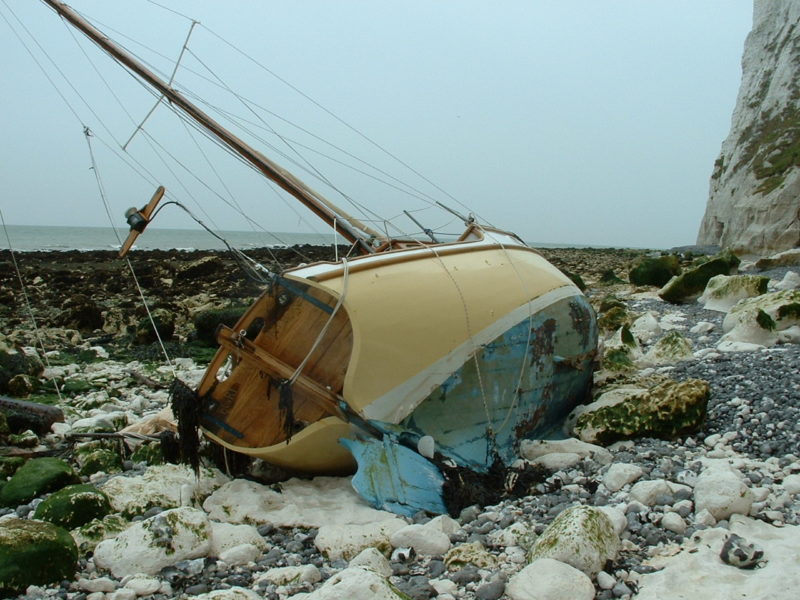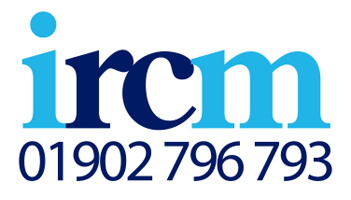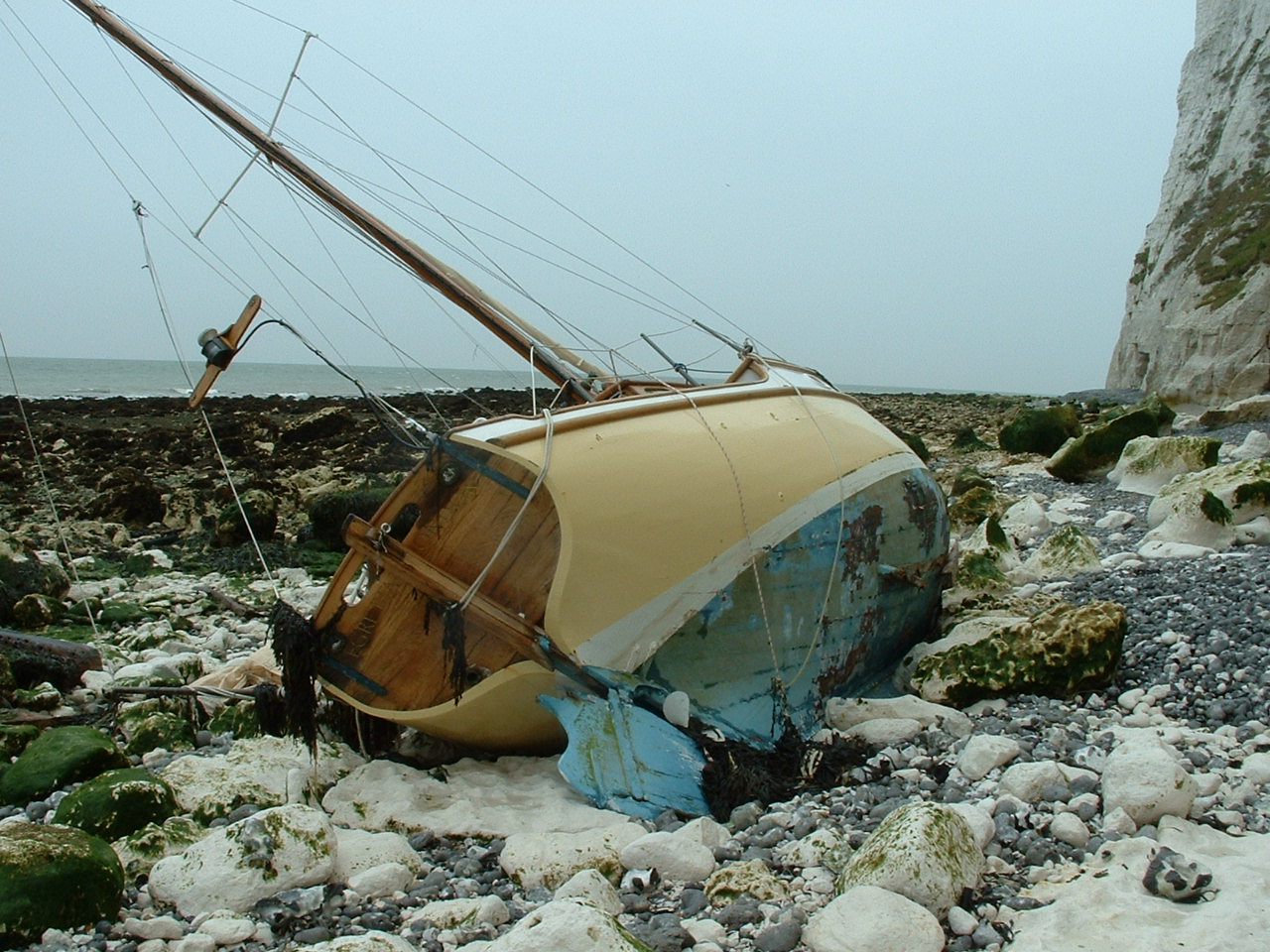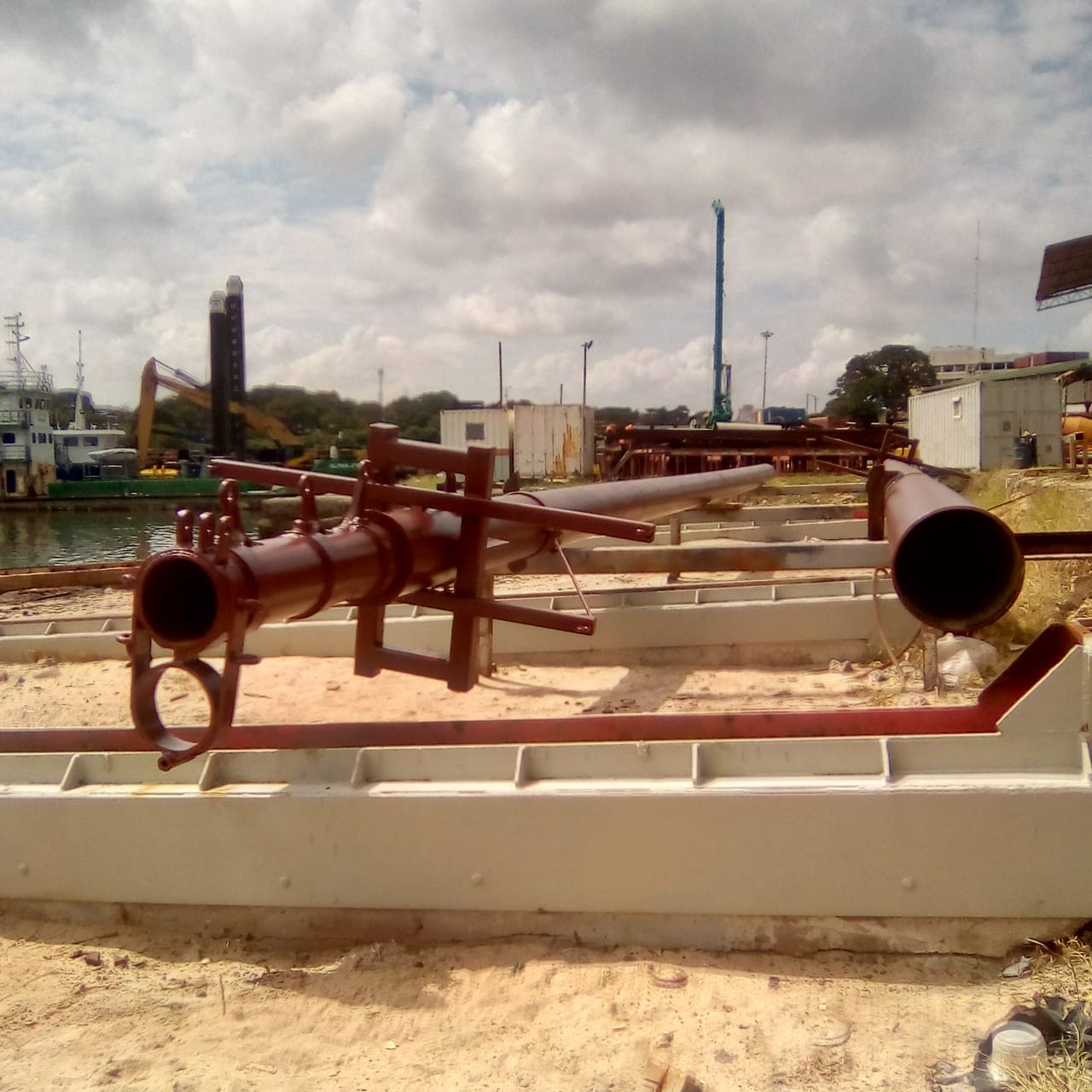There Are Only 3 Things That Matter When Choosing Your Classic Yacht Insurance – Value, Value & Value!
In Part 1 of this 3-part series exploring the concept of Value and Classic Yacht Insurance we examined the issues surrounding classic yacht values and the importance in establishing the right insurance value for your classic yacht. We now turn our attention to the second factor in the value matrix – value for money.

Part Two
It is not unusual, as far as buying general insurance is concerned, that the main driver is, quite often, price. Not so for owners of classic yachts for whom value for money is the factor that frequently determines their choice in insurance.
The standard business definition of value is:
Value = Quality/Price
Quality, of course, is in the eye of the beholder. In a period that has seen yacht insurance premiums fall over a prolonged period (though we may have seen the end of this trend following the latest hurricane season) insurers and their marketing departments have added a variety of features, benefits and other add-ons to their basic policies in order to make them appear more attractive to the yacht owner. Insurers and brokers alike often make the mistake of assuming that all the whistles, bells and gewgaws of their respective policies are relevant, useful, beneficial or even of remote interest to the policyholder – they aren’t.
Let’s take three basic building blocks that might determine the quality of an insurance programme for a classic yacht. They are:
- Amount of cover – the insured value of your yacht and the attaching limit of third party liability (including Crew Liability where required).
- The scope of the basic cover – you’ll be covered for loss or damage to your yacht and injury/damage to third parties but what exclusions are being imposed? Where can you sail and what can you do?
- Reliability of the insurer. If you suffer a loss you will want to be paid – what are people saying about them, on the online forums?
Taking the first three of these blocks – as explained in Part 1, the best basis of valuation for Classic Yacht Insurance is “Agreed Value”. This means the insurer has agreed to accept your valuation and will pay the agreed value, less any excess, in the event of total loss. This is a better option than insuring on other bases where insurers are able to make deductions from your settlement for depreciation.
As far as the scope of cover is concerned, hopefully you will have easy to understand insurance policy wordings or key facts documents to support your quotations. Mercifully, some insurers have been modifying their policies over the last couple of years so that they do not contain swathes of warranties and conditions that can make it difficult for people to discern exactly what they are able to use their yacht for and what they need to do to make sure their insurance is not compromised or invalidated.

Your quotation or policy schedule should tell you what your cruising range is (this usually has to be strictly adhered to for your insurance to remain effective though some policies do make allowance for having to divert from insured cruising areas due to bad weather, being in danger and suchlike). It should also detail the insured use of your yacht, so if you undertake racing you need to be certain that activity is included and what level of cover you are buying in respect of masts, spars, sails and rigging. Other activities such as skippered charter may be automatically included in your cover though some policies will automatically exclude them.
As we said above, quality is in the eye of the beholder and the quality of an insurer or insurance provider can, perhaps, be as subjective. For every disgruntled client there will probably be many who are satisfied with the service they have received. However, the proof of quality can only come in 2 ways – the handling of a claim in the event of a loss or the speed in which queries or policy adjustments are carried out. The latest windstorm season has seen near record losses to recreational vessels and the settlement of claims will be a long process.
We previously highlighted the positive move made by some insurers in updating their policies into warranty-free and condition-free user-friendly documents. Unfortunately there are still those who have retained a traditional policy format that can be confusing. What will undoubtedly be contentious in the management of the Irma and Harvey losses is how insurers choose to apply their warranties, conditions and their clients’ adherence to hurricane-plans in determining whether or not a settlement will be made. When you choose your yacht insurance it gives you peace of mind.
If you therefore take these “quality blocks” of your insurance programme and measure them against the indicated price of each quotation it should be relatively easy to determine which offers the best basic value. Then it’s a simple case of deciding whether the various add-ons and optional extensions that vary from insurer to insurer are of benefit to you and factoring those that are into the quality/value equation. Here are some useful extensions that various yacht insurers offer – some as standard cover, others as paid extensions:
Insurance Policy ‘Add-ons’
Cyber Losses: Cyber risks are one of the big talking points in maritime circles; from an insurance point of view the question is “Does anybody want to do anything about it?” Any cover relating to computers (other than the normal material damage perils) is usually excluded from yacht insurance policies. However, one or two insurers have introduced some cyber cover that includes indemnity against the taking over of a vessel’s systems hacking. Nobody knows precisely what is and isn’t possible in the world of cyber crime but this particular cover extension may well prove beneficial in the long term.
Personal Accident Insurance & Medical Expenses: This extension provides basic accident and medical expenses cover in the event of injury to passengers or guests on board your yacht. It is not designed to cover your liabilities towards crew.
Uninsured Loss/Legal Expenses: Could prove useful in the event of a non-fault claim where you need to recover your excess from a third party. It can also provide cover for legal expenses arising from a contractual dispute arising from the buying, sale or servicing of your yacht as well as legal expenses arising from a criminal prosecution arising from the use of your vessel.
Personal Effects & Valuables: Some cover is usually available in respect of your personal effects, valuables and other property whilst on board your yacht. The scope of cover is typically restricted to the usual marine perils that protect your yacht so if you require a wider range of protection – such as when your personal effects are taken off the yacht, speak to your provider.
Machinery Breakdown: Covers your machinery against physical loss or damage (machinery is typically defined as engines, electrical equipment, cables, hydraulic equipment, boilers and shafts). Cover may be limited to vessels under 5 years old.
Transit Cover: Provided as a free extension on some policies though there will be specific terms applied depending on the size of your yacht. Where there are longer delivery voyages being made there may be an additional one-off charge for that event.
Marina Benefits: Some policies will waive your policy excess in the event of a claim arising whilst your yacht is on its marina berth in addition to maintaining the integrity of your no-claims discount in the event of such a loss.
Part 3
In the final part of this series we’ll be looking at the intangible value provided by your insurance programme. In the meantime, if you have any feedback on this piece or you missed Part 1, please contact Mark Elcocks at IRCM at [email protected].
Mark Elcocks is the Specialist Risks Executive of Independent Marine & Yacht Insurance brokers Insurance Risk & Claims Management Ltd.










